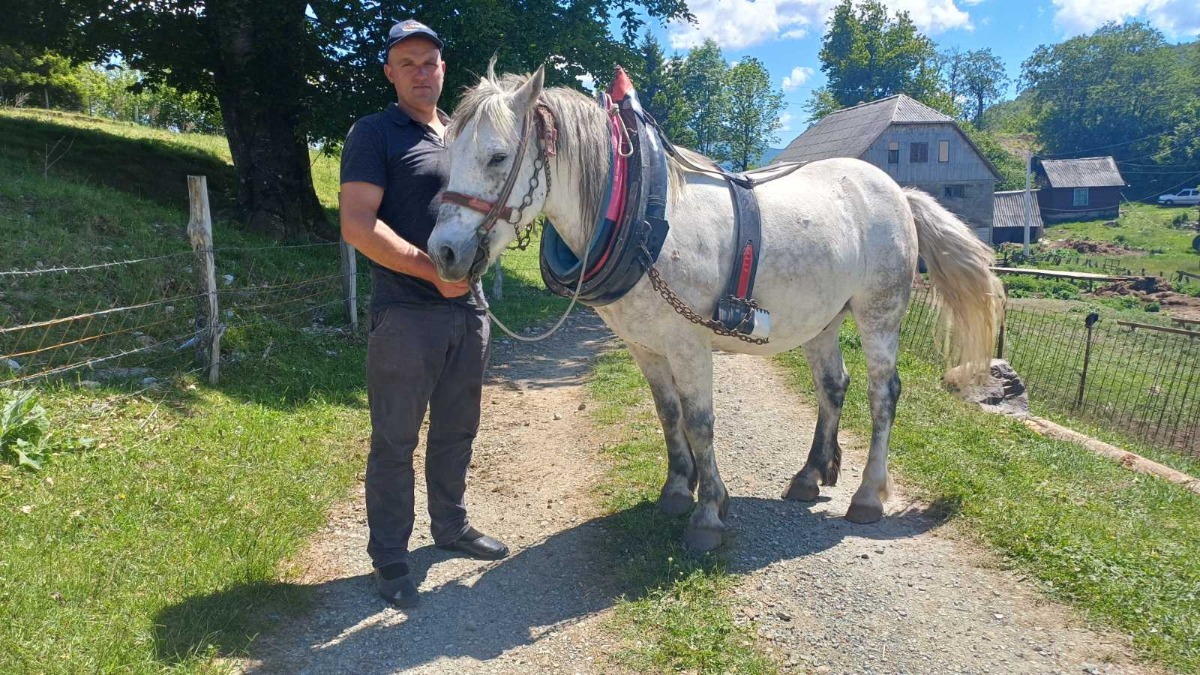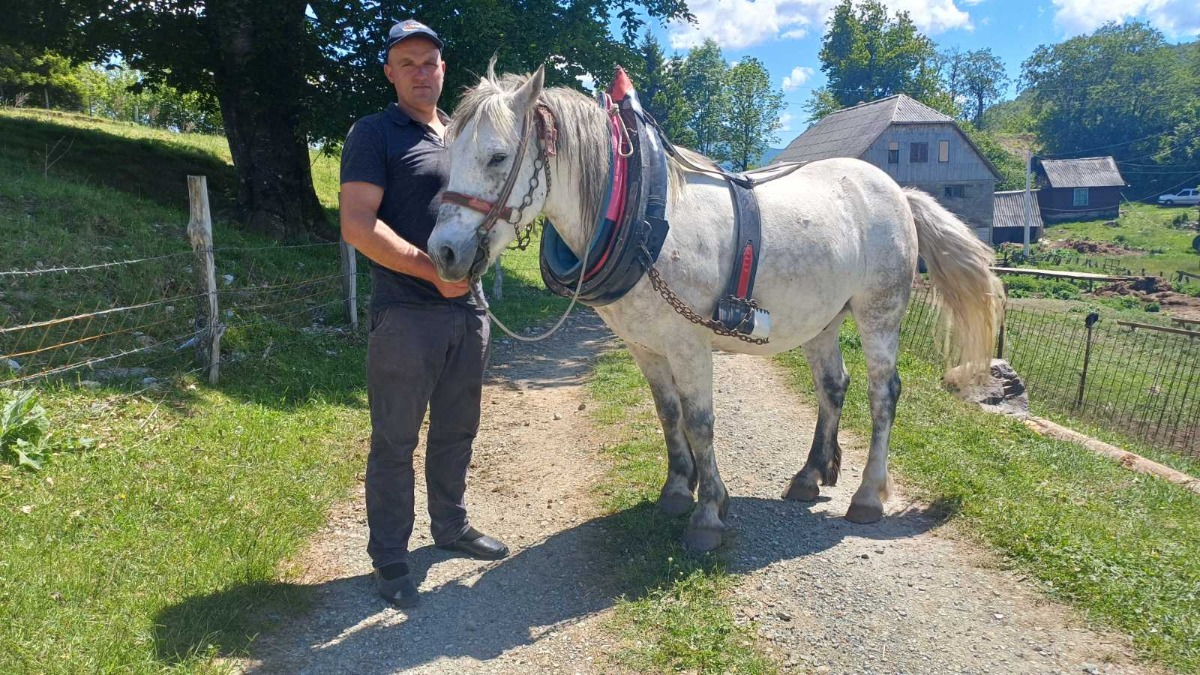Ilija Baković from the village of Drijenak near Kolašin lives a traditional rural lifestyle, engaged in livestock farming and agriculture. He and his family produce food for themselves and sell the surplus, demonstrating an example of self-sufficiency. Ilija emphasizes that life in the village is hard but fulfilling, and that the village is the future of Montenegro, especially in times of global crises. He stresses the need for state support for farmers and that the village should not be forgotten as it is the foundation of society. His story symbolizes the values of work, tradition, and the survival of the village in the modern age.
Political Perspectives:
Left: Left-leaning outlets emphasize the social and economic challenges faced by rural communities, highlighting Ilija’s story as a symbol of resilience and the importance of supporting small farmers and sustainable agriculture. They focus on the need for state intervention and social policies to preserve rural life and promote food sovereignty.
Center: Center-leaning sources present Ilija’s story as an inspiring example of traditional values and self-sufficiency, recognizing the difficulties but also the dignity and importance of rural life. They stress balanced support from the government and the role of rural areas in national identity and economy.
Right: Right-leaning media highlight Ilija’s hard work, self-reliance, and traditional family values, portraying rural life as a noble and essential part of national heritage. They emphasize personal responsibility, the value of labor, and often critique excessive state intervention, advocating for preserving rural traditions and independence.












